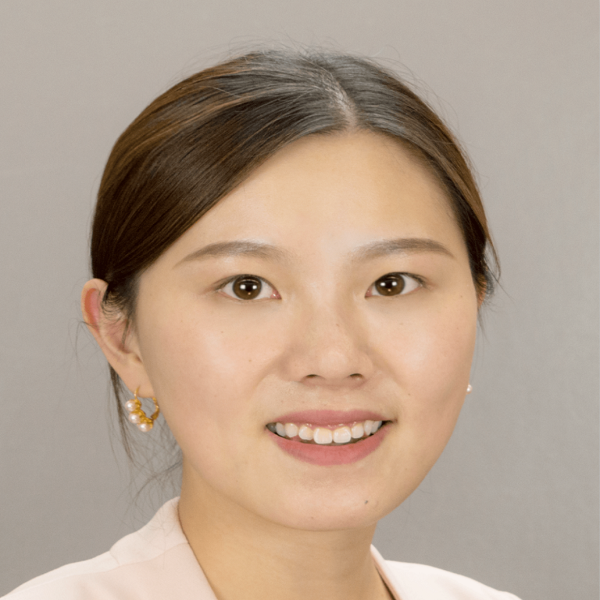About
Modeling longitudinal data is one of the most active areas of research in social and behavioral sciences because longitudinal research provides valuable insights into change and causal relationships. The application of Bayesian methods in longitudinal research has gained increasing popularity. Taught by four quantitative researchers who are active in developing Bayesian methods and longitudinal data analytical methods, this workshop will teach participants how to analyze longitudinal data using Bayesian statistics. We will introduce the basic idea of Bayes' theorem first and move on to models including multilevel models, growth curve models, growth mixture models, and longitudinal structural equation models. Concrete examples will be provided to illustrate how to compute, report, and interpret Bayesian modeling results with empirical psychological data. Additionally, we will teach the application of Bayesian robust methods for nonnormal data ignorable and non-ignorable missing data.
Fees
The regular registration fee for the two-day workshop is $199. For the current students, the registration fee is $99.
Only 30 spots are available and please apply using the form below to secure yours before March 15, 2022.
Travel Awards
A limited number of travel awards are available thanks to the William K. and Katherine W. Estes Fund which is jointly overseen by the Association for Psychological Science and the Psychonomics Society. Each selected recipient will receive $400.
You can share the workshop information using the form below.
Instructors
-

Cynthia Tong -- University of Virginia
Cynthia Tong’s research focuses on developing and applying statistical methods in the areas of developmental and health studies. Methodologically, she is interested in Bayesian methodology, growth curve modeling, and robust structural equation modeling with nonnormal and missing data. Substantively, she is interested in analyzing the longitudinal development of cognitive ability and achievement skills.
-

Han Du -- University of California, Los Angeles
Han's methodological interests have evolved along three inter-related lines: (1) Bayesian methods and statistical computing; (2) longitudinal data analysis and time series analysis; and (3) study design and sample size determination. She also works on developing new meta-analysis and machine learning techniques. From a substantive perspective, she is interested in applying quantitative methods in developmental, clinical, cognitive, educational, and health research.
-

Sarah Depaoli -- University of California, Merced
Dr. Sarah Depaoli is Associate Professor and Area Head of Quantitative Methods, Measurement, and Statistics (QMMS) at the University of California, Merced. Her research focuses on issues surrounding Bayesian estimation of latent variable models. She is the author of the book Bayesian Structural Equation Modeling, which is part of the Methodology in the Social Sciences Series with Guilford Press.
-

Johnny Zhang -- University of Notre Dame
Dr. Johnny Zhang is a Professor in Quantitative Psychology at the University of Notre Dame. His research aims to develop better statistical methods and software in the areas of education, health, management and psychology. He has conducted research in the areas of Bayesian methods, Big data analysis, Structural equation modeling, Longitudinal data analysis, Mediation analysis, and Statistical computing and programming. His most recent research involves the development of new methods for social network and text analysis.
Application
Only 30 spots are available and please apply using the form below to secure yours before March 15, 2022. If selected, you will receive a formal invitation in your email by March 30, 2022.
To start your application, click the link here: Start My Application
You will be directd to a Google form to fill out the information and upload your CV. If you don't have a Google account, please send the following information to Dr. Tong at xt8b@virginia.edu.
- Your CV
- A short description of your background and why you are interested in the workshop.
- If you want to apply for the travel award, explain why you need the support (e.g., lack of funding)
Sponsors
The Workshop on Bayesian Longitudinal Data Modeling is made possible because of the support of the William K. and Katherine W. Estes Fund which is jointly overseen by the Association for Psychological Science and the Psychonomic Society, the International Society for Data Science and Analytics, and the University of Notre Dame. We thank our sponsors for their generous support.

The APS Estes Fund provides funding to support the instructors and students.

Notre Dame provides space.

The ISDSA provides website support and organization.